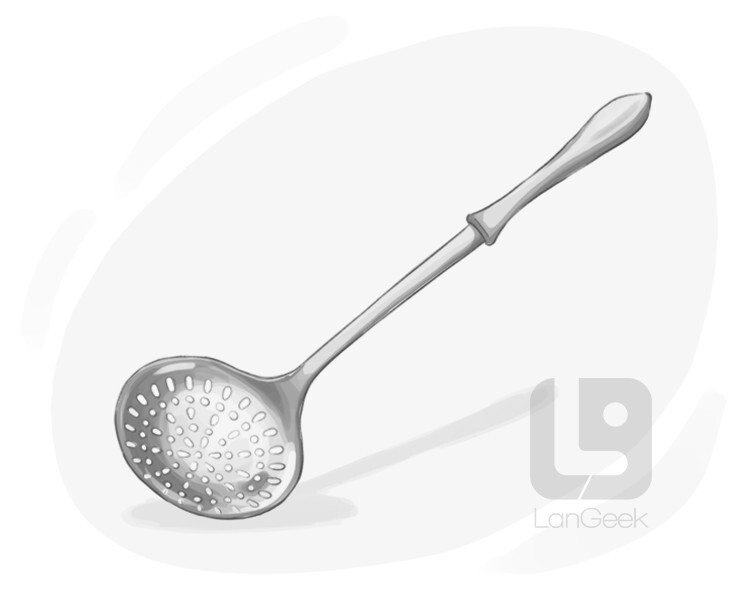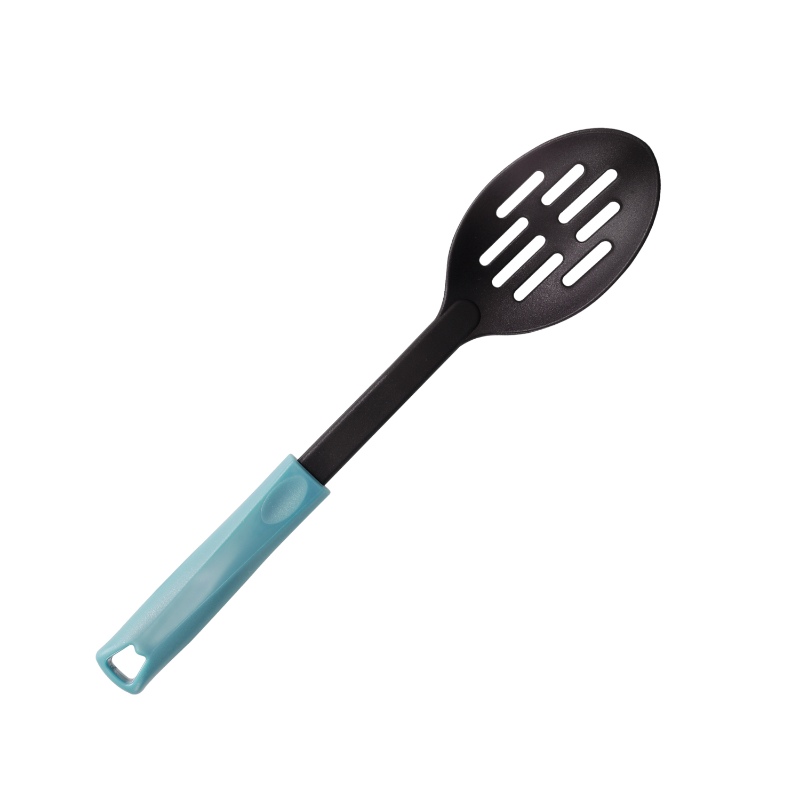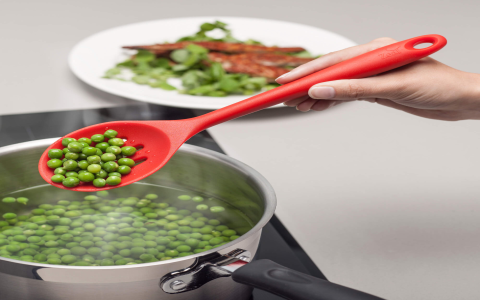You know, in my kitchen, I always wondered if a slotted spoon was just a fancy name for something useless. Like, why bother when a regular spoon works? But after one messy disaster draining pasta water all over the stove top, I figured I had to test it out myself. So, I grabbed my old pots and pans, rolled up my sleeves, and got cooking.

Starting the experiment with boiling water
I kicked things off by boiling a big pot of potatoes—those starchy guys that always stick and turn soggy. First, I tried yanking them out with a plain metal spoon, no slots or nothing. I tilted the pot over the sink, gave a big scoop, and splish-splash! Water poured everywhere, soaking my countertop, my floor, and my shoes. Half the potatoes slid right off into the drain. Total fail. All that time chopping and washing, down the tubes in seconds. I sighed, wiped up the mess, and thought, “There’s gotta be a better way.”
Switching to the slotted spoon
Next up, I grabbed my trusty slotted spoon—it’s got those long, thin holes you see in stores—and I tossed the soggy mess out. Started fresh with another batch of potatoes boiling away. This time, when the water bubbled hot, I slipped the slotted spoon in, scooped deep, and lifted slow. Boom! The slots let water rush right out, pouring back into the pot, not my floor. Held onto the potatoes like a charm. I shook it gentle to get every last drip off, and plopped ’em into a bowl. Easy as pie, no puddles anywhere. I thought, “Huh, this little thing saves cleanup? Game changer!”
Then I took it for a spin with cooking oil because frying bacon always leaves me with a greasy disaster. Fired up the pan, poured in some oil, and tossed bacon strips in. They sizzled nice, but when I went to rescue ’em with a regular spoon, oil splattered all over my stovetop and my arm—ouch! Burned my hand a bit too. Swapped to the slotted spoon, slid it under a bacon strip, and lifted. The oil drained out through those slots, leaving behind just the crispy goodness. Kept shaking until no oil dripped, then onto a paper towel. Result? Crispy bacon, dry as a bone, with zero oil spills. Saved me from scrubbing grease for hours.
Why it works like magic
Here’s the thing I learned: those slots ain’t there for looks. They act like tiny drains, letting liquids slip away while holding food solid. So for boiling water, it’s all about trapping potatoes or pasta, not water. For cooking oil, it stops grease splatters and keeps your food from soaking in it. No need for colanders or fancy gadgets—just one simple tool. That way, you don’t waste time or elbow grease on spills.
In the end, I made a list to sum up the wins I saw firsthand:

- Scooped hot foods fast, with less mess—no slipping or sliding.
- Shook out liquids easy, saving my counters from sticky stains.
- Used less paper towels for draining, which is good for the wallet.
Now I use my slotted spoon all the time, whether it’s veggies or fried snacks. It’s just one of those kitchen basics that actually earns its spot. Simple as that.
